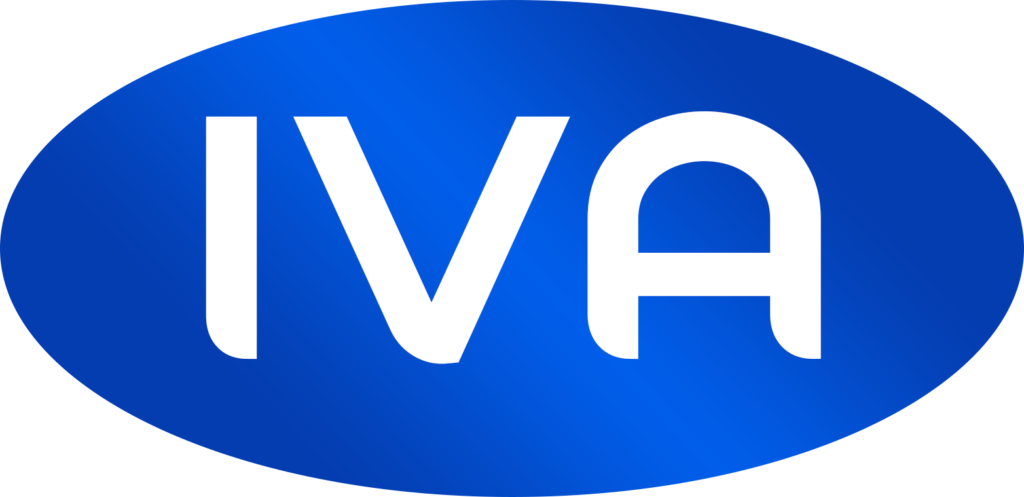Is Bankruptcy the Right Choice for You? Alternatives and Considerations
For individuals overwhelmed by unmanageable debt, bankruptcy can appear as a lifeline. However, it’s not a decision to take lightly, as it comes with significant financial and personal implications. Before committing to this path, it’s essential to understand your options and consider whether bankruptcy is the best solution for your situation. This blog explores the pros and cons of bankruptcy, alternatives to consider, and key factors to weigh before making your decision.
What is Bankruptcy?
Bankruptcy is a legal process designed to help individuals who cannot repay their debts. By filing for bankruptcy, you effectively declare yourself insolvent. While it can relieve you of most debts, it often involves selling your assets and can have long-term consequences for your financial stability.
When Should You Consider Bankruptcy?
Bankruptcy might be appropriate if:
- Your debts are unmanageable and exceed your ability to repay.
- Creditors are taking legal action against you.
- Other debt solutions, such as payment plans or debt consolidation, have failed.
- You have little to no disposable income to make repayments.
Advantages of Bankruptcy
- Debt Relief: Most unsecured debts are written off, giving you a fresh financial start.
- Creditor Protection: Creditors must stop contacting you or pursuing legal action.
- Clear Timeline: Bankruptcy typically lasts for 12 months, with debts discharged afterward.
Disadvantages of Bankruptcy
- Asset Loss: Non-essential assets, including property or vehicles, may be sold to repay creditors.
- Credit Score Impact: Bankruptcy remains on your credit report for six years, affecting your ability to borrow.
- Employment Restrictions: Certain professions, like law or finance, may have restrictions for bankrupt individuals.
- Public Record: Bankruptcy details are listed on the publicly accessible Individual Insolvency Register.
Alternatives to Bankruptcy
Before filing for bankruptcy, consider these alternatives:
- Individual Voluntary Arrangement (IVA)
- A legally binding agreement to repay creditors over 5-6 years based on what you can afford.
- Advantages: Avoids asset loss and allows partial debt repayment.
- Ideal for: Those with a steady income and manageable debt levels.
- Debt Relief Order (DRO)
- A low-cost alternative for individuals with debts under £30,000, minimal assets, and disposable income below £75 per month.
- Advantages: No asset liquidation required; debts are written off after 12 months.
- Ideal for: Low-income individuals with few assets.
- Debt Management Plan (DMP)
- An informal arrangement to repay debts at an affordable rate.
- Advantages: Protects assets and doesn’t impact your credit as severely as bankruptcy.
- Ideal for: Those with lower levels of debt who need flexibility.
- Debt Consolidation Loans
- Combines multiple debts into one manageable payment with lower interest rates.
- Advantages: Simplifies payments and reduces overall interest.
- Ideal for: Individuals with good credit and stable income.
- Negotiating with Creditors
- Approach creditors to request reduced payments, extended repayment periods, or waived interest.
- Advantages: Avoids formal insolvency procedures.
- Ideal for: Those with temporary financial challenges.
Factors to Consider Before Declaring Bankruptcy
- Your Debt Type:
Bankruptcy doesn’t cover all debts. For example, student loans, child maintenance, and court fines remain payable. - Impact on Your Assets:
Consider the potential loss of property, vehicles, or savings. - Long-Term Financial Goals:
Bankruptcy can affect your ability to secure loans, mortgages, or credit cards for years. - Emotional and Social Impact:
Bankruptcy is a public record and may affect personal relationships and professional opportunities.
FAQs About Bankruptcy and Its Alternatives
- Q: Can bankruptcy stop debt collection calls?
A: Yes, once you file for bankruptcy, creditors are legally required to stop contacting you. - Q: Will I lose my house if I declare bankruptcy?
A: It depends on the equity in your home. If significant, the property may be sold to repay debts. - Q: Are there any debts bankruptcy won’t cover?
A: Yes, including student loans, child support, and criminal fines. - Q: How do IVAs differ from bankruptcy?
A: IVAs allow partial repayment without asset liquidation, while bankruptcy often involves selling non-essential assets.
Making the Right Choice
Deciding whether to declare bankruptcy requires careful consideration. While it can provide much-needed debt relief, it’s essential to explore all alternatives first. Consulting a financial advisor or debt specialist can help you determine the best course of action based on your unique circumstances
How We Can Help
Our private company specialises in UK debt solutions, including bankruptcy support and alternative arrangements like IVAs and DROs. Contact us today for personalised guidance and take the first step toward financial freedom.
Take Control of Your Financial Future
Don’t face financial challenges alone. Let our experienced team help you navigate your options and make an informed decision. Call us now for a free consultation!

